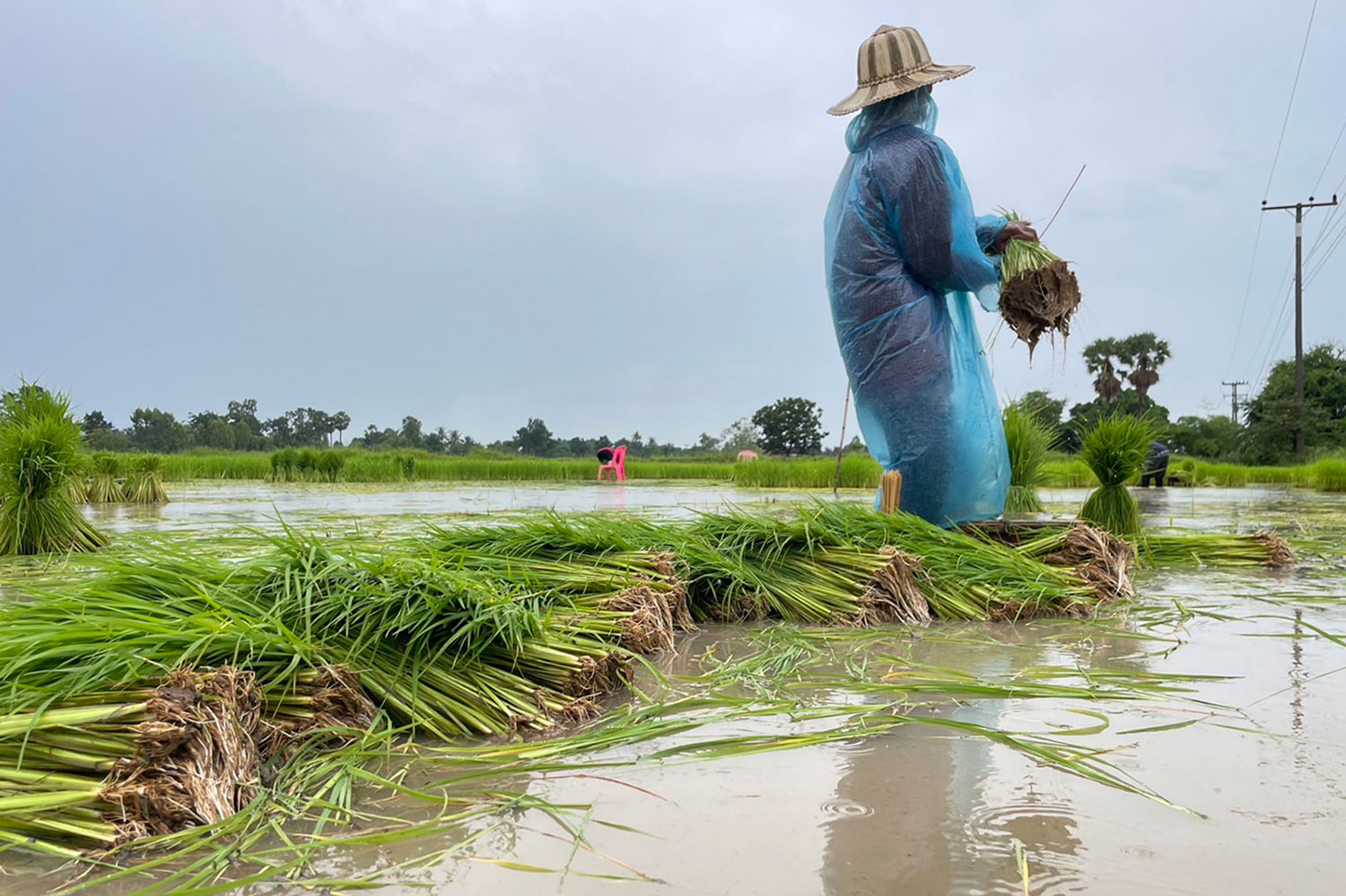
PM Srettha Thavisin admitted in his speech on Monday that the past 13 debt relief programmes have failed to relieve farmers' financial burden. This acknowledgement comes as a surprise after the government only last week approved 30 billion baht-plus in debt relief. Yet the prime minister says the latest debt assistance will be different as the government will run parallel agricultural policies to improve farmers' competitiveness, reduce production costs and expand the market for farm products.
His ideas sound inspiring. The only problem is that parallel policies are not. Most of these policies have already been applied by the Ministry of Agriculture for years with mixed results.
For example, managing water resources better by building more weirs and water projects. Make no mistake, water infrastructure is vital, yet over the past four decades, governments have built legions of large dams and big reservoirs, yet the droughts and floods persist and have even become worse.
To improve farming methods, the government will promote the use of artificial intelligence (AI) and precision farming. While digital innovation is the future of all business, nothing has been said about how to make farmers digitally literate enough to make use of such technology. To reduce farming costs, the government will focus on helping farmers use fertilisers in a more efficient manner.
What is missing from the PM's speech on Monday and the government's farm policies are new farm and food concepts -- sustainable farming, food security and organic farming that world communities are excited about. Sustainable food has become more popular as consumers are willing to pay more for healthy food cultivated in responsible harvests. Sustainable farm products have become soft power, too. Recently, Phuket included organic food as part of a gastronomic tourism campaign.
Sustainability, however, has also fallen on deaf ears in the Thai farming sector, and related policies remain trapped in a Third Agriculture Revolution (also known as -- perhaps ironically now -- the "Green Revolution") mindset from the 1950s and 1960s. Despite its "Green" name, this model has only one purpose -- boosting yields. Chemical fertilisers and pesticides are often used to achieve this goal.
It needs to be said that the Ministry of Agriculture has played a role in maintaining this unsustainable culture of mass cultivation. A glaring example is the Department of Agriculture's foot-dragging to enforce the ban on toxic farm chemicals. Instead of enforcing the ban on chlorpyrifos and paraquat, which was introduced in 2020, officials are now advocating farm chemical companies that are trying to have the ban revoked.
Last week, new Deputy Agriculture Minister Chaiya Promma pledged to push for potash mining in Udon Thani, a byproduct of which can be used to produce chemical fertilisers instead of relying on pricey imported products. The potash mining plan has been stalled for years as local protesters want it cancelled. They cited the serious impact on the environment that pollutants such as salt water and waste from the mine could have on natural water resources and the soil.
To get farmers out of debt once and for all, the government needs to reexamine its farm policies.
And it seems as though it might be wishful thinking if the government believes that more rounds of debt relief will yield a different outcome without changes to the multifarious other policies that still govern the industry.
